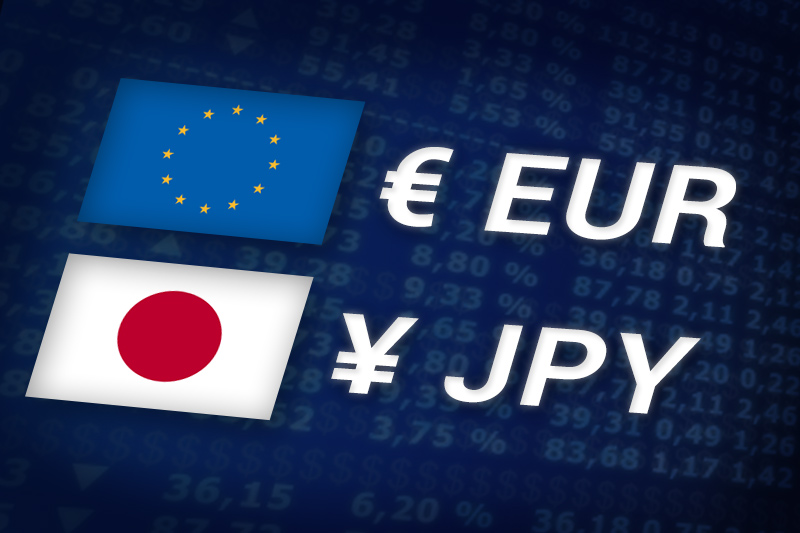Investing.com’s stocks of the week
Investing.com - The euro trimmed gains against the yen on Monday, pulling back from a two-month high after Japan intervened in the foreign exchange market to curb the consistently strong yen.
EUR/JPY pulled back from 111.55, the pair's highest since August 30 to hit 109.29 during European afternoon trade, still up 1.86%.
The pair was likely to find support at 105.66, the low of October 27 and resistance at 111.55, the day's high.
Japanese officials launched an intervention to curb the appreciation of the yen after the dollar fell to a record low of JPY75.56 in early trade.
Japan’s Vice Finance Minister Fumihiko Igarashi said that the intervention was not targeting specific currency levels and added that it was too early to assess the impact of the action, which may not yet have ended.
Earlier Monday, Finance Minister Jun Azumi said Tokyo had acted on its own and would keep intervening until it was satisfied with the results. Azumi said he ordered the intervention because “speculative moves” in the currency failed to reflect Japan’s economic fundamentals.
Meanwhile, the single currency remained under pressure as investors worried that European leaders' plans to bolster the region's lenders could fail and that they would struggle to finance the enhancement of the euro zone's bailout fund.
Also Monday, official data showed that the annual rate of inflation in the euro zone was unchanged at its highest level in three years in October, while the number of people without jobs in the region hit a new record in September.
Elsewhere, the yen pared losses against the U.S. dollar with USD/JPY climbing 2.90%, to trade at 78.03 after hitting 75.58 during early Asian trade.
Later in the day, the U.S was to produce a report on manufacturing activity in the Chicago area.
EUR/JPY pulled back from 111.55, the pair's highest since August 30 to hit 109.29 during European afternoon trade, still up 1.86%.
The pair was likely to find support at 105.66, the low of October 27 and resistance at 111.55, the day's high.
Japanese officials launched an intervention to curb the appreciation of the yen after the dollar fell to a record low of JPY75.56 in early trade.
Japan’s Vice Finance Minister Fumihiko Igarashi said that the intervention was not targeting specific currency levels and added that it was too early to assess the impact of the action, which may not yet have ended.
Earlier Monday, Finance Minister Jun Azumi said Tokyo had acted on its own and would keep intervening until it was satisfied with the results. Azumi said he ordered the intervention because “speculative moves” in the currency failed to reflect Japan’s economic fundamentals.
Meanwhile, the single currency remained under pressure as investors worried that European leaders' plans to bolster the region's lenders could fail and that they would struggle to finance the enhancement of the euro zone's bailout fund.
Also Monday, official data showed that the annual rate of inflation in the euro zone was unchanged at its highest level in three years in October, while the number of people without jobs in the region hit a new record in September.
Elsewhere, the yen pared losses against the U.S. dollar with USD/JPY climbing 2.90%, to trade at 78.03 after hitting 75.58 during early Asian trade.
Later in the day, the U.S was to produce a report on manufacturing activity in the Chicago area.
